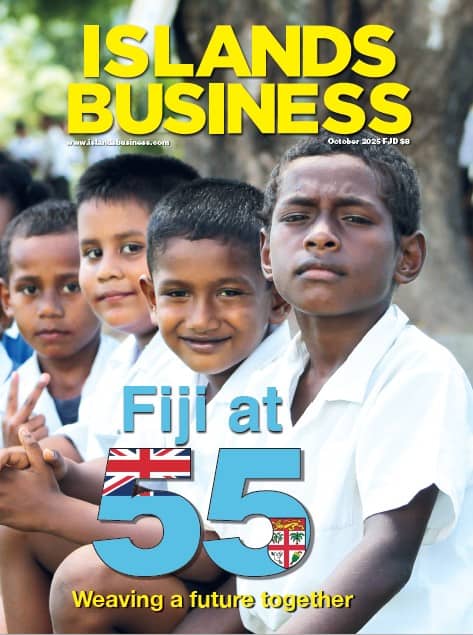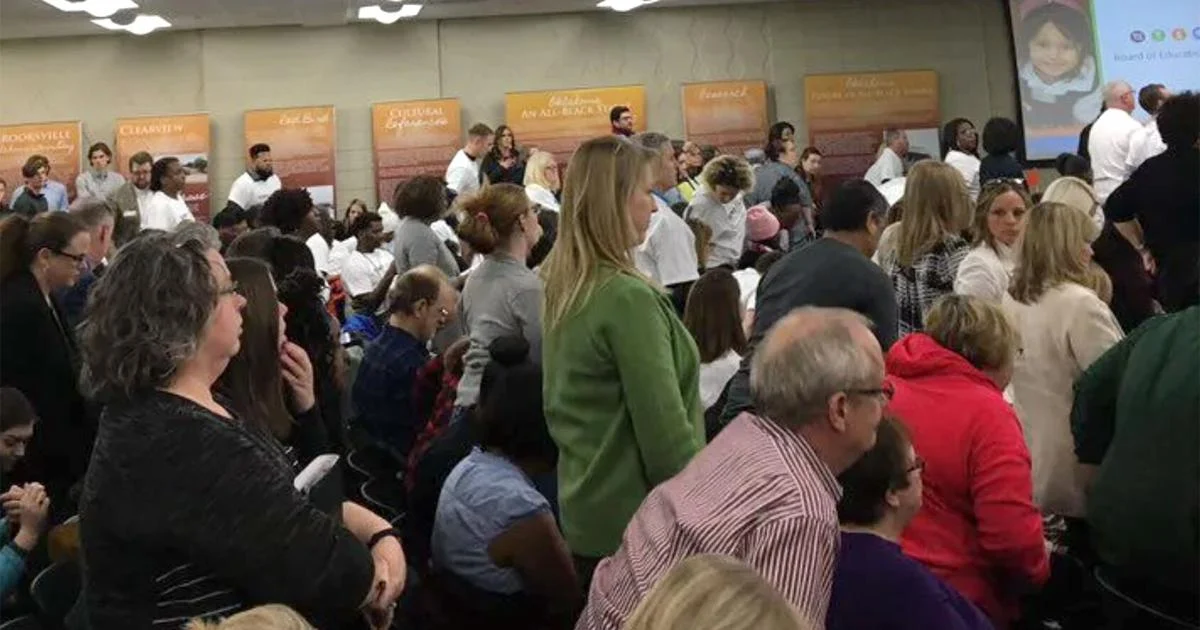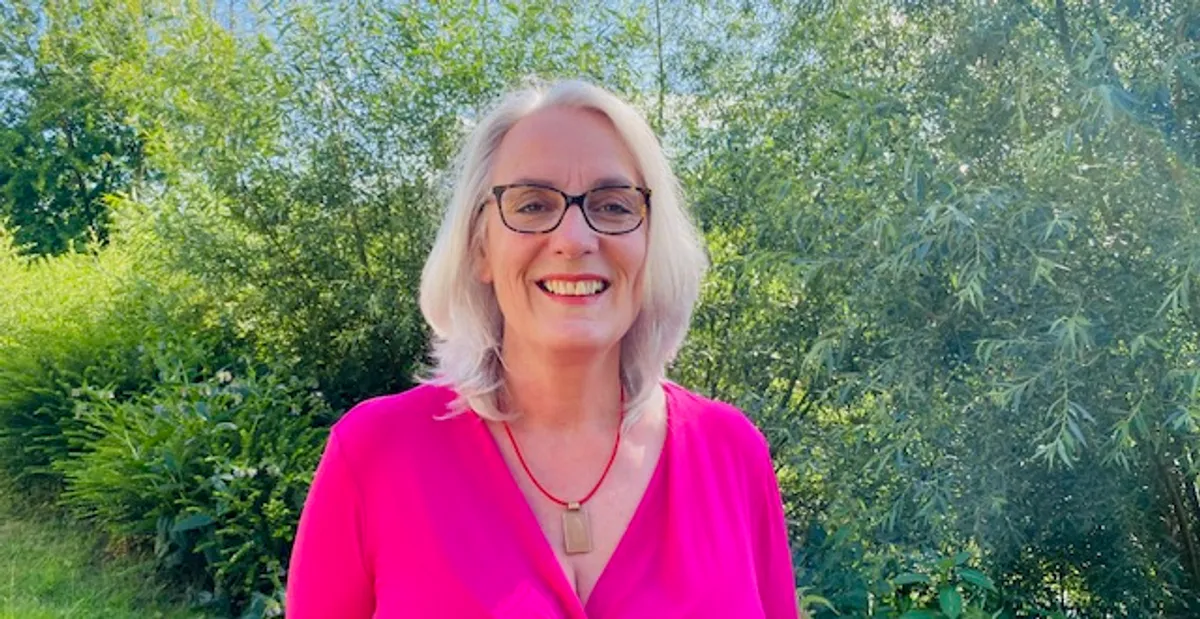Copyright islandsbusiness

Fiji, with its stunning islands and deep ocean heritage, is fighting a critical battle. It’s ranked as one of the world’s most vulnerable nations to climate change. Every year, disasters cost the country an average of 5% of its GDP (World Bank, 2017), a harsh price for a small island state. The biggest threat is flooding from tropical cyclones and heavy rain. This threat is exacerbated by problems such as poor watershed and land management, deforestation, and unsustainable farming practices, deficient urban planning in growing towns, and inadequate early warning systems and disaster governance. Furthermore, institutions often struggle with limited capacity and inadequate cross-sectoral coordination.Globally, the potential for climate adaptation efforts to reduce this impact on climate-vulnerable communities is largely unrealised. Inadequate investment in preparedness and risk reduction, as well as shortfalls in recovery actions, have led to an increase in loss and damage following each disaster. This is why a new kind of partnership has arrived in Fiji: the Zurich Climate Resilience Alliance (ZCRA). Global Alliance with Local RootsThe Zurich Climate Resilience Alliance (ZCRA), powered by the Zurich Foundation, is a multi-sectoral global partnership focused on enhancing resilience against climate hazards in both rural and urban communities worldwide. It brings together a diverse array of humanitarian, research, private sector, and NGO actors. Formerly known as the Zurich Flood Resilience Alliance, the partnership has built over a decade of expertise in generating evidence of communities’ current levels of climate resilience, identifying and implementing locally appropriate solutions, promoting best practice cross sectors, and influencing policy to drive systemic change. The launch of the ZCRA in Fiji represents a new context in which the Alliance is working to strengthen climate resilience. This strategic expansion into Small Island Developing States (SIDS), also known as Large Ocean States, is crucial because climate risks here are particularly complex. The Alliance’s work in the unique context of small island states in the Pacific will bring new challenges and opportunities for climate resilience. Western Fiji is “no stranger to the devastating impacts of floods”. As climate change intensifies, these events may become more frequent or severe, threatening lives, livelihoods, and ecosystems. The core belief driving this initiative is that only by working in partnership with affected communities can long-term, sustainable resilience to floods and other climate hazards be realised. The partners are working hand in hand to reduce risks where they are most acute, with collaboration from stakeholders in the communities in which they work. The Alliance and its partners collaborate to achieve their vision byimplementing solutions, promoting best practices, influencing policy, and facilitating systemic change. Focusing on Fiji’s Most VulnerableThe ZCRA’s work in Fiji is led by the Fiji Red Cross Society (FRCS), with support from the International Federation of Red Cross and Red Crescent Societies (IFRC). Fiji Red Cross Society is now a nominated Climate Champion for the Red Cross Movement across 191 National Societies globally. These partners are central to the program’s operations. Between 2024 and 2027, the program will specifically target the communities living within the Province of Ba in the Western Division of Viti Levu Island. This area has historically suffered repeated flood disasters. A stark example is the 2012 floods, which affected over 150,000 people and caused USD $71 million in damages (Government of Fiji/World Bank). Climate change projections indicate that these events will intensify in frequency and severity, posing a threat to lives, livelihoods, and ecosystems. To address the challenges of flooding exacerbated by poor watershed and land management, deforestation, deficient urban planning, inadequate early warning systems, and limited institutional capacity, the ZCRA is already working in eight communities in the Ba Province in a 3-year phase (between 2024 and 2027), focusing on: Enhancing Early Warning Systems (EWS). The work involvessupporting and extending these systems. Leveraging Nature-based Solutions (NbS), such as mangroverestoration and watershed protection. Strengthening inclusive disaster governance using local councils,chiefs, and women/youth groups. Applying a ridge-to-reef approach to integrate land, water, andmarine systems. The program also explicitly emphasises: Community engagement and capacity building. Equitable resilience for women, children, people with disabilities,and marginalised groups. Scaling local solutions into national and regional policyframeworks. This work aligns directly with Fiji’s National Adaptation Plan (NAP) and the Framework for Resilient Development in the Pacific (FRDP). It also contributes to global climate adaptation goals in the lead-up to COP30 in Brazil. The CRMC Tool and 2025 ProgressThis is not a “top-down” program; it is deeply locally embedded and volunteer-driven. The Fiji Red Cross Society mobilises its network of over 800 volunteer members nationwide to collect data, deliver training, and co-design solutions with the communities. In 2025, Fiji Red Cross volunteers are implementing the Climate Resilience Measurement for Communities (CRMC) tool across the eight communities for this project. This is a globally recognised framework that assesses vulnerabilities and strengths across five critical dimensions of resilience: Human Capital: Knowledge, health, education. Social Capital: Leadership, trust, networks. Physical Capital: Infrastructure and essential services. Natural Capital: Ecosystems and land use. Financial Capital: Income, savings, financial access. This approach of combining local knowledge with globally recognised tools provides evidence-based insights that reaffirm the ideals about climate resilience. Key highlights and progress to date in 2025 include: CRMC surveys have been completed across eight communities.These include Sasa Village in Ba, Natawa Village in Nadi, MoalaVillage in Nadi, Matavouvou Settlement in Nadi, Nawajikuma Settlementin Nadi, Nadi CBD, Lautoka CBD, and Vunato Settlement inLautoka. The surveys were inclusive, engaging youth, women, LGBTQ+people, people living with disabilities, and traditional leaders. Nine First Aid trainings were conducted, certifying over 250community members to respond in emergencies. Early warning and disaster risk reduction (DRR) activities arescheduled ahead of the November–April cyclone season. The Power of the Bula SpiritWhat truly makes this partnership special is its unique approach: it combines local knowledge and Talanoa engagement, a process that emphasises dialogue, unity, and trust, with globally recognised tools.Because the Alliance is closely linked to communities, it can engage meaningfully and make a real difference. This is climate action that is rooted in Pacific values, ensuring sustainability and community ownership. The focus on equitable resilience for women, children, people with disabilities, and marginalised groups is a testament to the program’s commitment to inclusive, equitable governance. Blueprint for Global AdaptationThe Fiji program is being consciously developed as a blueprint for resilience in SIDS. The lessons from Ba Province can inform flood resilience strategies across the Pacific. As the world prepares for COP30, the Zurich Climate Resilience Alliance in Fiji stands as a powerful example of: Locally-led adaptation. Evidence-based decision making. Inclusive, equitable governance. Nature-based solutions that protect people and ecosystems. Regional collaboration across island nations. This initiative shows how the Bula spirit, care, unity, and action can inspire global pathways to climate resilience. The Alliance’s work, which has built over a decade of expertise in generating evidence, implementing solutions, promoting best practices, and influencing policy, is now applying all these to address the complex climate risks in the Large Ocean States.



